The UN General Assembly met to adopt the Convention. Photo: UN
Global legal framework
According to the Ministry of Foreign Affairs , the UN's selection of Hanoi as the venue for the signing ceremony of the Convention in 2025 is an important milestone in Vietnam's multilateral diplomacy history and the 47-year partnership between Vietnam and the UN. This is the first time a Vietnamese location has been listed and associated with a global multilateral treaty related to a field of great interest to the international community. This choice reflects the country's increasingly high international position and prestige, as well as Vietnam's active, responsible and substantive participation and contribution throughout the entire process of negotiating the Convention.
The Convention creates the first global legal framework for cyberspace, affirms the need for all countries to participate in preventing and combating cybercrime, contributes to narrowing the differences between national laws, establishes a dedicated 24/7 cooperation mechanism, thereby promoting more effective cross-border crime prevention cooperation, and facilitates countries' digital transformation efforts.
“The Convention against Cybercrime recognizes the significant risks posed by the misuse of information and communications technologies (ICTs), which enable criminal activities at an unprecedented scale, speed and scope. This document highlights the negative impacts that these crimes can have on States, businesses, and the well-being of individuals and societies, and focuses on combating crimes such as terrorism, human trafficking, drug trafficking and online financial crime,” the UN press release said. The Convention recognizes the growing impact of cybercrime on victims and prioritizes justice, especially for vulnerable groups; further emphasizing the need for technical assistance, capacity building and cooperation among States and other stakeholders.
UN Secretary-General Antonio Guterres welcomed the adoption of the Convention, which is the first international criminal justice treaty to be negotiated in more than 20 years. “This treaty is a testament to the success of multilateralism in challenging times and reflects the shared will of Member States to promote international cooperation to prevent and combat cybercrime,” said a statement from his office. “The Convention provides an unprecedented platform for cooperation in the exchange of evidence, victim protection and prevention, and the protection of human rights online.”
UN General Assembly President Philemon Yang stressed the importance of the new Convention. He said: “We are living in a digital world where information and communications technology has great potential for the development of society, but also increases the potential threat of cybercrime… By adopting this Convention, Member States have the tools and means to strengthen international cooperation in preventing and combating cybercrime, and protecting people and their rights online.”
After nearly 5 years of negotiations, the birth of the “Hanoi Convention” is an important milestone in the international community’s joint efforts to respond to the growing threats in cyberspace. In addition to the unlimited benefits and potential for human development, digital technology also poses many risks and security threats, threatening the sustainable development of most countries.
The role and significance of the Convention
According to the World Bank (WB), by 2023, about 67.4% of the world's population will have access to the internet. An increasing proportion of the world's population relies on connectivity for everything from communication and shopping to research and innovation. However, this connectivity also exposes internet users to the risk of cybercrime.
The alarming increase in the scale, sophistication and scope of cybercrime is estimated to have cost the world economy around $8 trillion in 2023 and is forecast to reach $10.5 trillion by 2025, greater than the GDP of most of the world's largest economies. Cybercriminals exploit digital systems with malware, ransomware, etc. to steal money, data and other valuable information. They take advantage of ICT vulnerabilities to facilitate illegal activities such as drug trafficking, arms smuggling, human trafficking, money laundering and fraud.
In that context, the “Hanoi Convention” contributes to creating an overarching legal framework, meeting the urgent need for international cooperation to promote the rule of law in cyberspace; allowing authorities to respond more quickly to threats targeting individuals, businesses and governments.
UNODC Executive Director Ghada Waly hailed the adoption of the treaty as a “major victory” for multilateralism. “This is a significant step forward in our efforts to tackle crimes such as online child sexual exploitation, sophisticated online fraud and money laundering,” she said. Waly reiterated the UN agency’s commitment to supporting all countries that sign, ratify and implement the new treaty, and providing them with the tools and support they need to protect their economies and safeguard the digital sector from cybercrime.
The Convention affirms the central role of the United Nations in coordinating the international community's joint efforts to respond to cybercrime, a pressing issue today. In the context of a complex world situation, deep strategic competition, and different views and approaches to cybercrime, the adoption of the Convention by consensus strengthens confidence in the role of the United Nations and its multilateral approach, as well as demonstrates goodwill and desire to promote cooperation and dialogue among countries on international issues. The birth of the Convention can become a model for future international frameworks on digital technology such as artificial intelligence (AI) governance.
Deputy Prime Minister and Minister of Foreign Affairs Bui Thanh Son said that the significance of hosting the signing ceremony of the UN Convention marks a new milestone in Vietnam's international legal integration in particular and multilateral diplomacy in general. Vietnam's initiative to propose hosting the signing ceremony once again affirms the strong commitment of the Party and State in international cooperation in preventing and combating transnational crimes, raising people's awareness and prevention capacity against cybercrime, contributing to ensuring social order and safety, building a stable and safe business environment, promoting economic and social development, etc.
Source: https://nhandan.vn/cong-uoc-lhq-ve-chong-toi-pham-mang-post853906.html



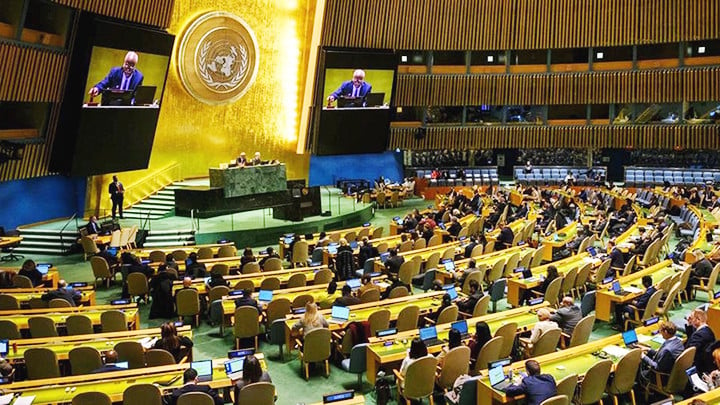
![[Photo] Hanoi: Authorities work hard to overcome the effects of heavy rain](https://vphoto.vietnam.vn/thumb/1200x675/vietnam/resource/IMAGE/2025/8/26/380f98ee36a34e62a9b7894b020112a8)

![[Photo] Multi-colored cultural space at the Exhibition "80 years of the journey of Independence - Freedom - Happiness"](https://vphoto.vietnam.vn/thumb/1200x675/vietnam/resource/IMAGE/2025/8/26/fe69de34803e4ac1bf88ce49813d95d8)


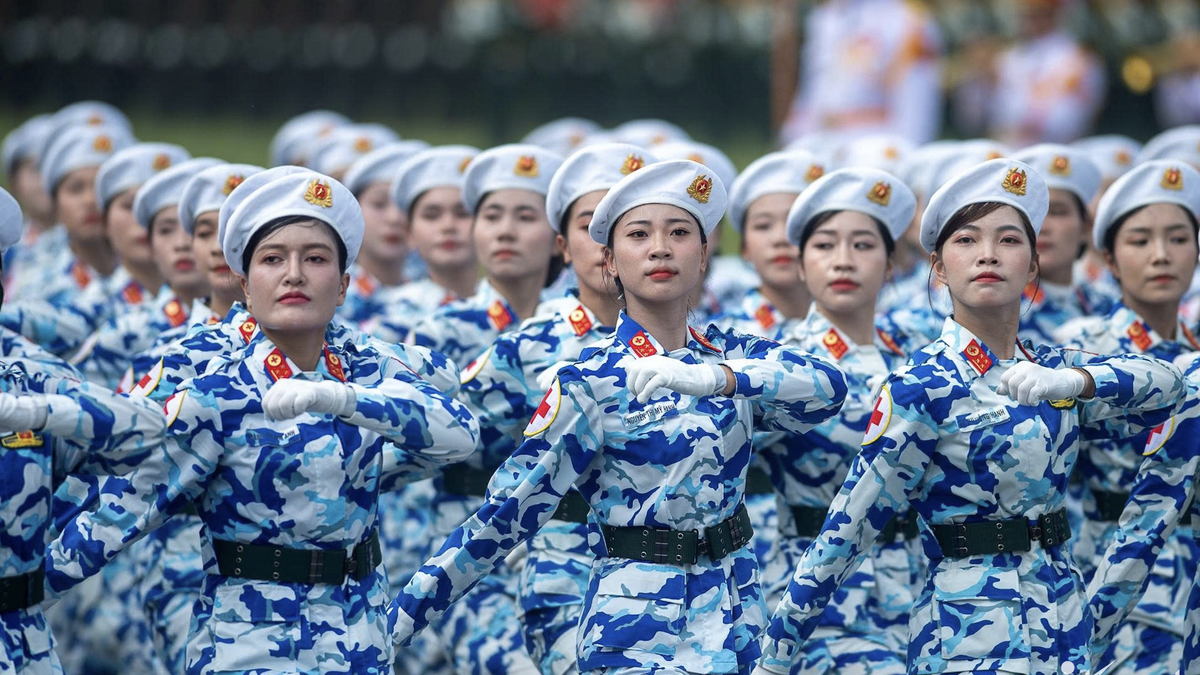
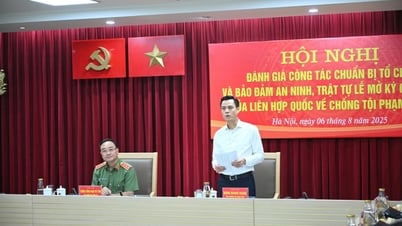


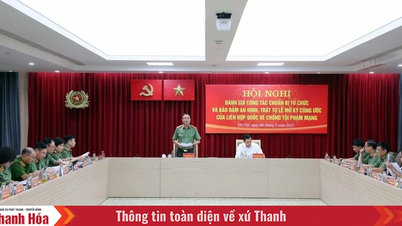



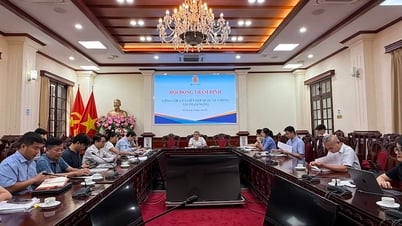

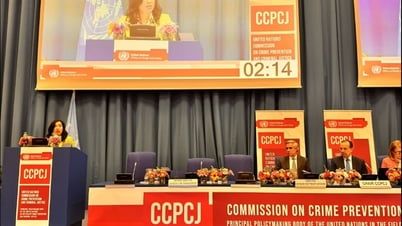






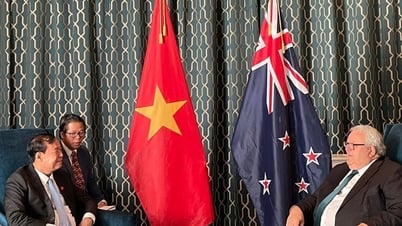


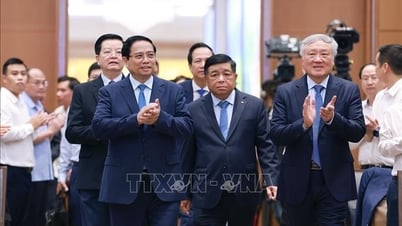






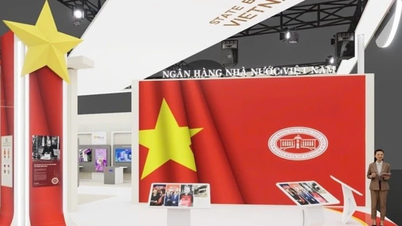
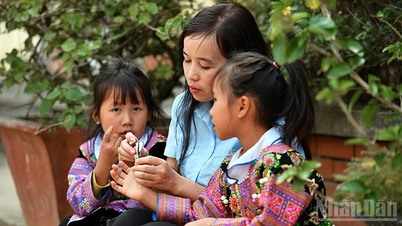


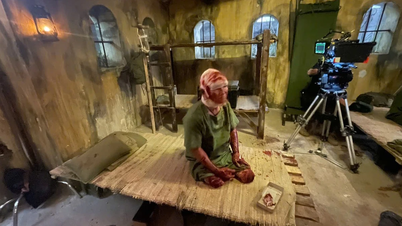
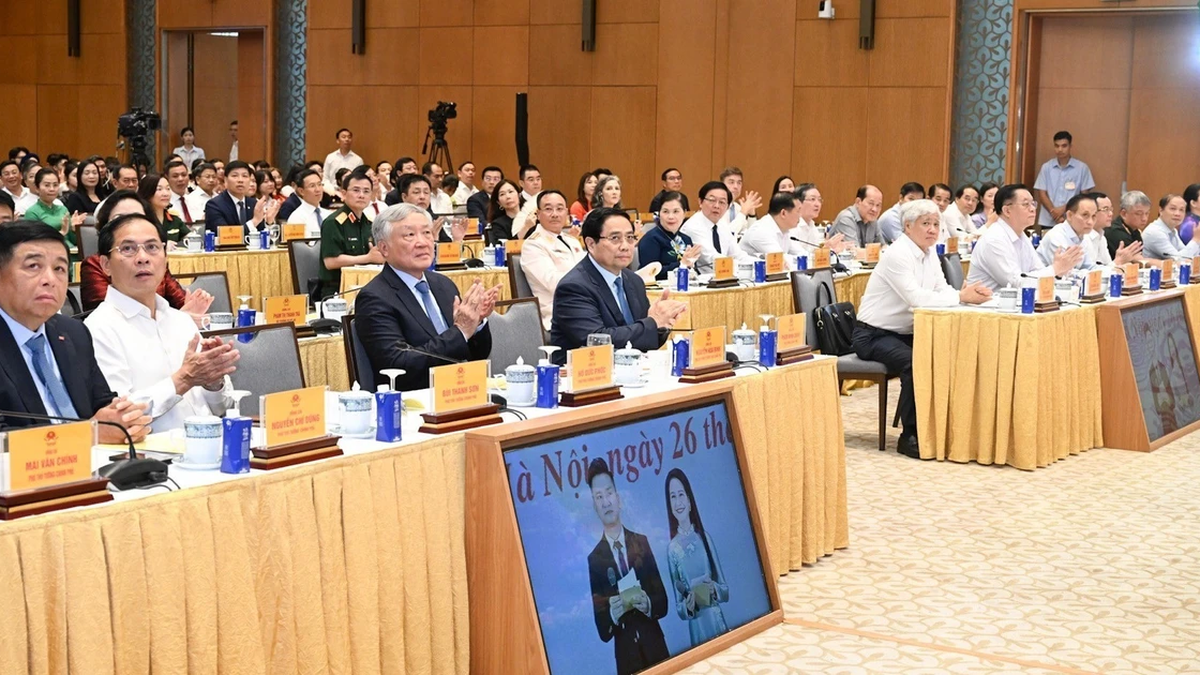



























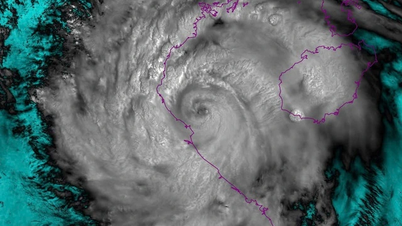

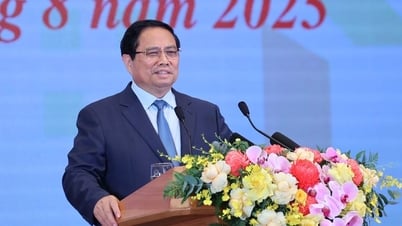
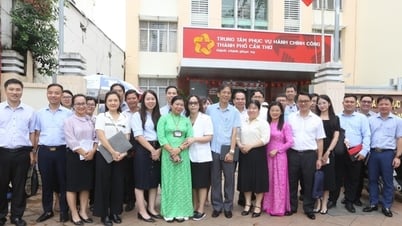

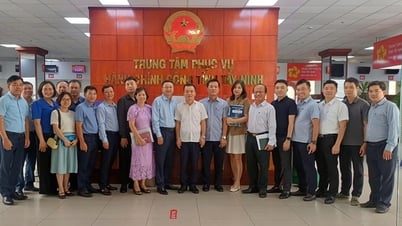




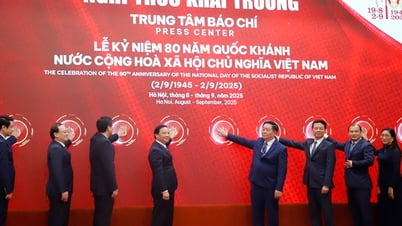
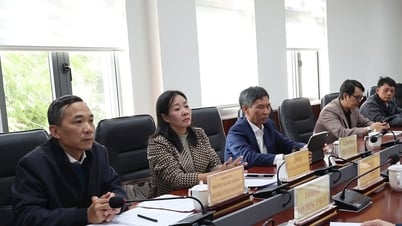























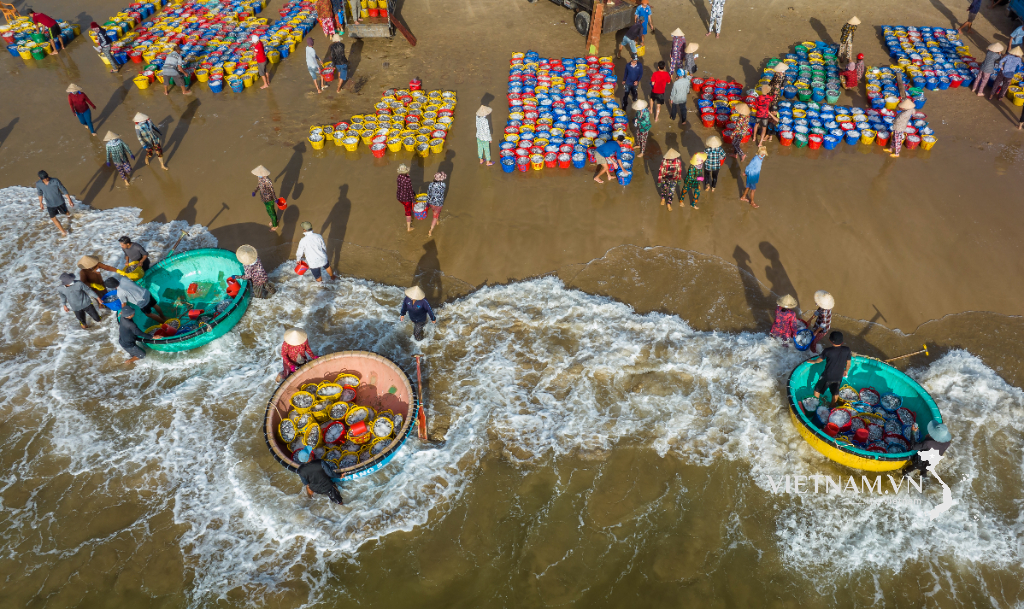
Comment (0)